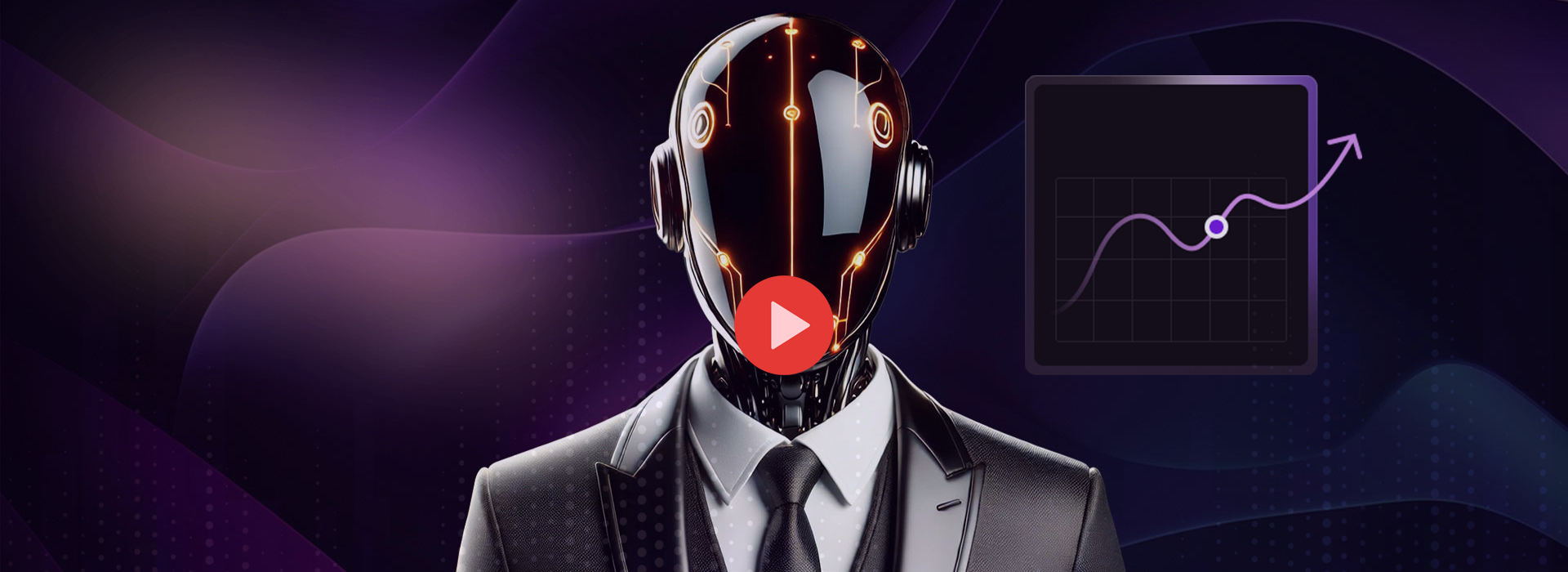Will AI Replace Humans?
- Home
- Will AI Replace Humans?

Will AI Replace Humans?

- 08 Oct, 2024
Will AI Replace Humans? Understanding the Role of AI in the Workforce
Artificial Intelligence (AI) has made incredible strides in recent years, transforming industries and reshaping how businesses operate. From automating tasks to providing advanced data insights, AI is quickly becoming an integral part of our daily lives. But with this rapid growth, one question looms large:
Will AI replace humans? Let’s explore the realities behind this concern and understand AI's evolving role in the workforce.
1. AI's Strengths: Automation and Efficiency
AI excels at automating repetitive tasks, processing large amounts of data, and executing operations with high precision. This makes AI an ideal tool for tasks that are time-consuming or prone to human error. For example, AI-powered chatbots like TailoredBot can handle customer inquiries around the clock, providing quick and accurate responses without human intervention.
However, this level of automation primarily focuses on tasks that follow predictable patterns. AI performs best when the input is consistent and structured, making it perfect for data entry, scheduling, and certain aspects of customer service. But what about creativity, emotional intelligence, and complex decision-making? That’s where humans still shine.
2. The Human Element: Creativity and Emotional Intelligence
AI may be great at processing data, but it lacks emotional intelligence, creativity, and the ability to think critically in unpredictable situations. Jobs that require complex decision-making, empathy, and innovation are harder for AI to replicate. For instance, while AI can generate data-driven insights, human leaders are still needed to interpret these insights, make strategic decisions, and handle interpersonal relationships in the workplace.
Industries like healthcare, education, and creative fields (such as marketing and design) require a human touch that AI cannot yet replicate. AI can assist and augment tasks in these fields, but replacing humans entirely is not on the horizon.
3. AI as a Collaborative Tool, Not a Replacement
Rather than seeing AI as a threat to jobs, it’s more accurate to view it as a tool for enhancing human productivity. AI can take over routine tasks, giving humans more time to focus on work that requires creativity, problem-solving, and emotional intelligence. AI is not here to replace humans but to work alongside them, making their jobs easier and more efficient.
For example, AI in hospitality, such as Victor The Concierge, can assist with guest inquiries and bookings, freeing up staff to focus on more complex and personalized interactions with guests. In this way, AI augments human capability rather than replacing it.
4. AI and Job Evolution: New Opportunities on the Horizon
s AI continues to evolve, some jobs may become obsolete, particularly those centered around repetitive tasks. However, this doesn’t necessarily mean a loss of jobs; rather, it indicates a shift. Many industries are already experiencing the creation of new job roles centered around AI management, data analysis, and machine learning development.
There is a growing demand for professionals who can build, maintain, and manage AI systems. AI will open the door to new opportunities in fields like AI ethics, AI programming, and data science, meaning that while certain jobs may disappear, others will emerge.
5. The Future of AI and Humans Working Together
The future of work is not an either/or situation between humans and AI. Instead, it’s about collaboration. Businesses that integrate AI into their workflows will be able to scale faster and provide more innovative solutions. Workers who adapt to new technologies will find new opportunities for growth and success.
By embracing AI as a partner, humans can focus on areas where they excel—creativity, critical thinking, and empathy—while leaving the repetitive, time-consuming tasks to AI.
Conclusion: Will AI Replace Humans?
The answer to the question, "Will AI replace humans?" is no. Not entirely. AI will undoubtedly change the workforce, automating tasks and transforming industries, but it will not replace humans across the board. Instead, AI and humans will work together, with AI handling routine tasks and humans providing the creativity, decision-making, and emotional intelligence that machines cannot replicate.
As AI continues to evolve, the key to future success lies in adaptation. By learning to work with AI rather than against it, businesses and workers can thrive in the new era of AI-powered transformation.
"AI won’t replace humans, but it will redefine the way we work—letting machines handle the routine, while humans focus on creativity and innovation."Victor
Top transforming process
Our business is driven by a team of dedicated AI automation experts, committed to delivering cutting-edge automation solutions. With years of collective experience across diverse industries, we specialize in:
- Transforming Business Operations
- Enabling our Clients to Optimize Efficiency
- Enhance Their Services Through Intelligent AI-driven Technologies


